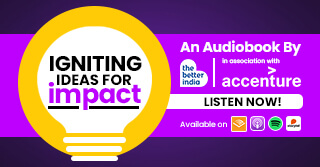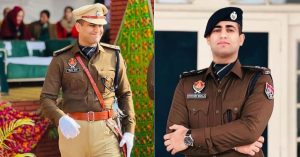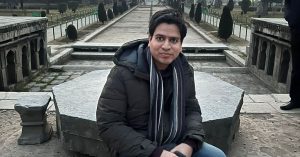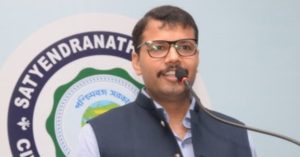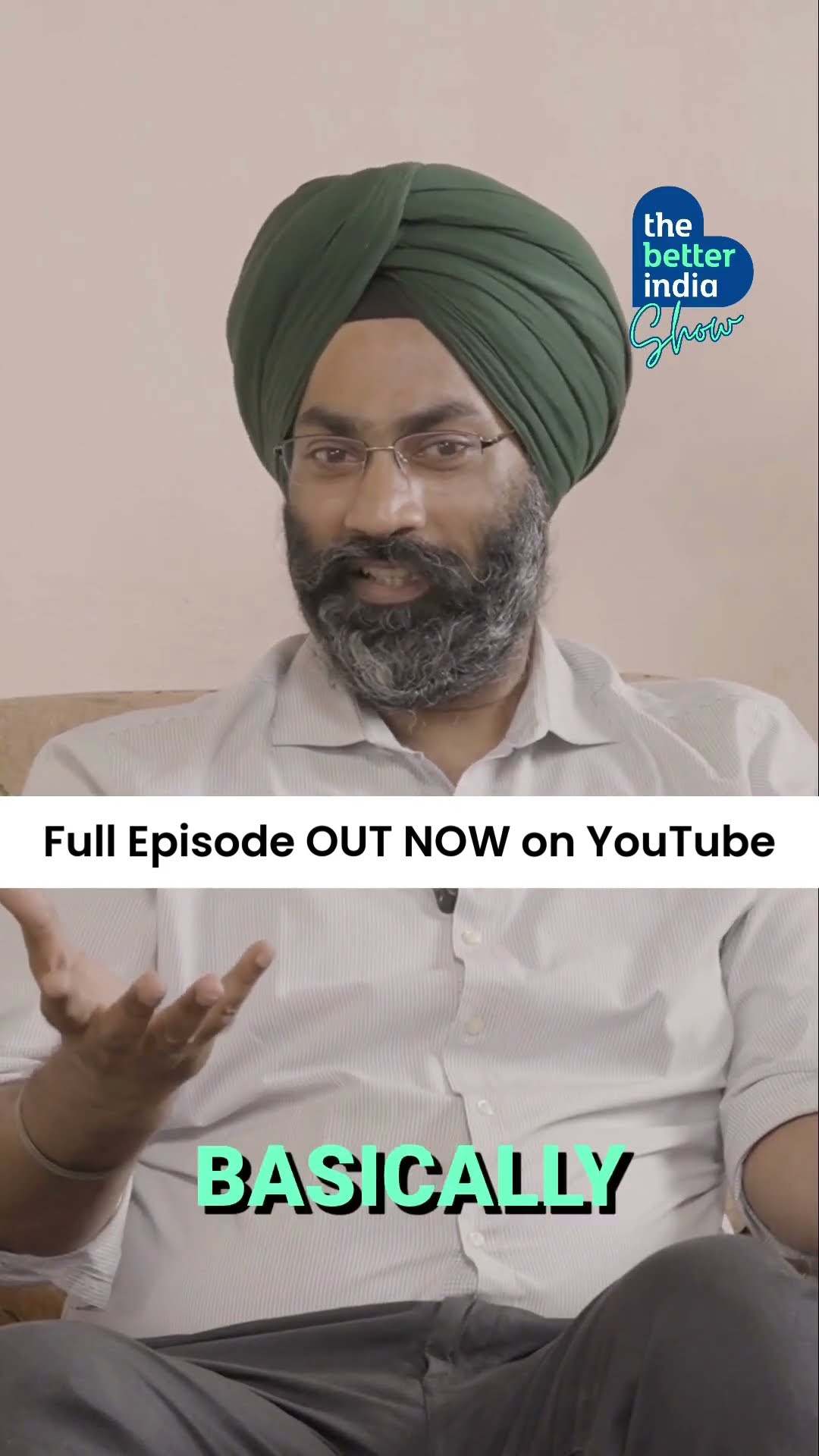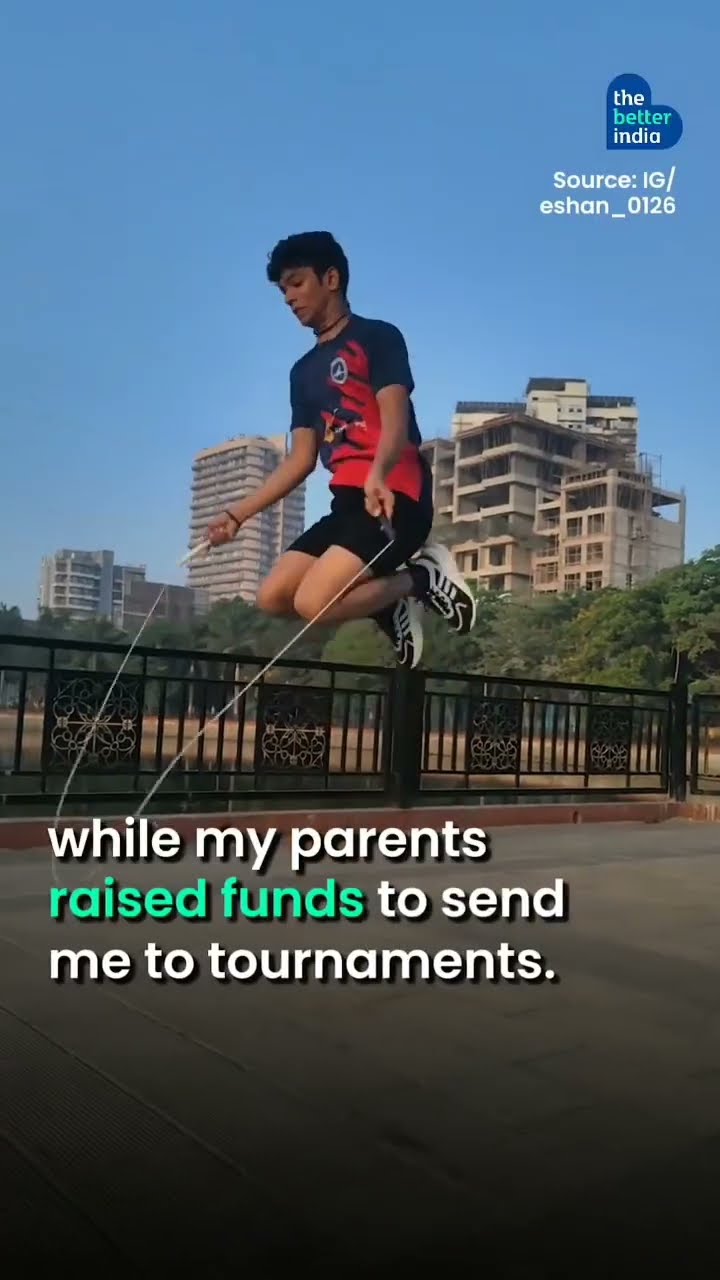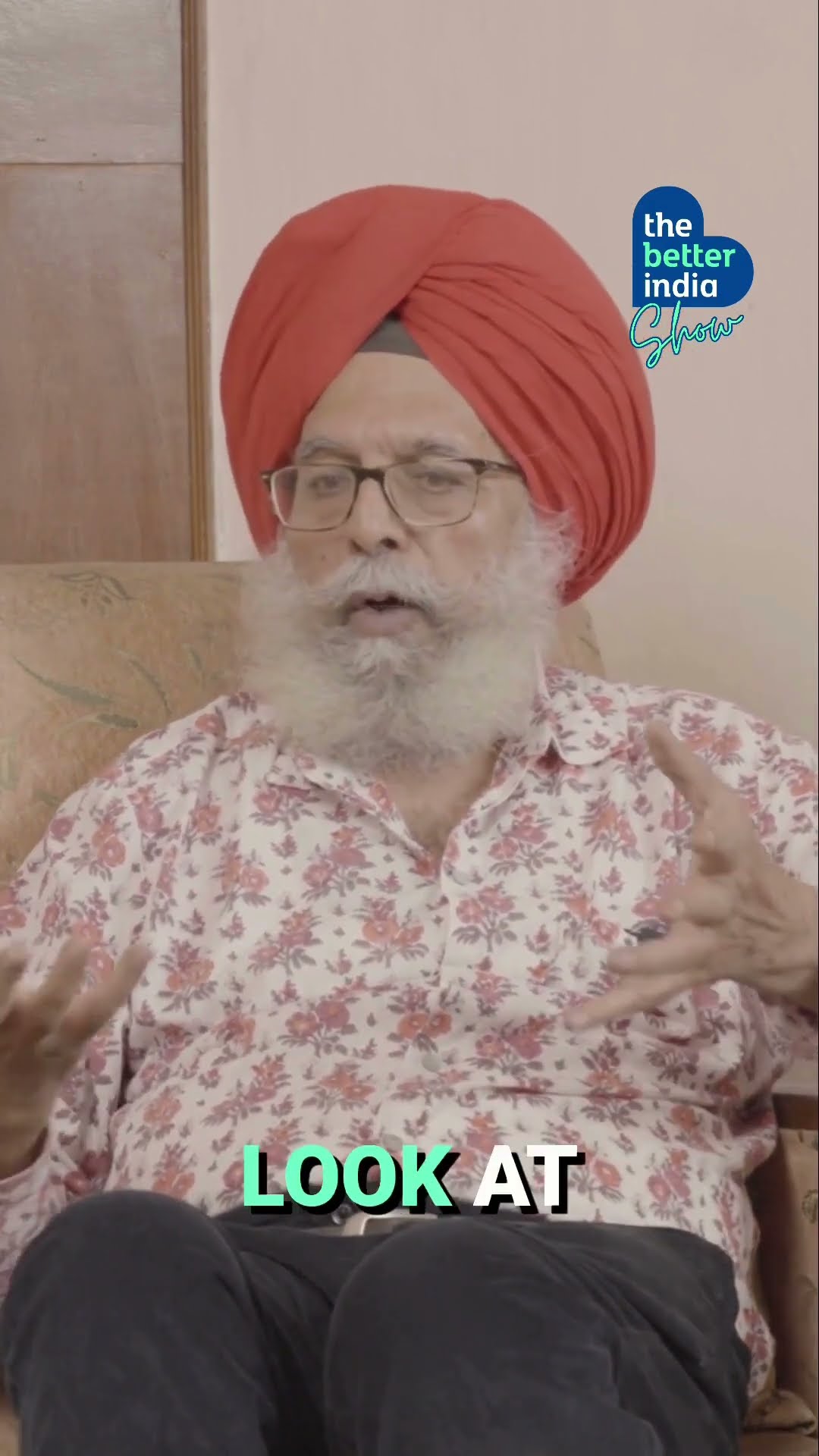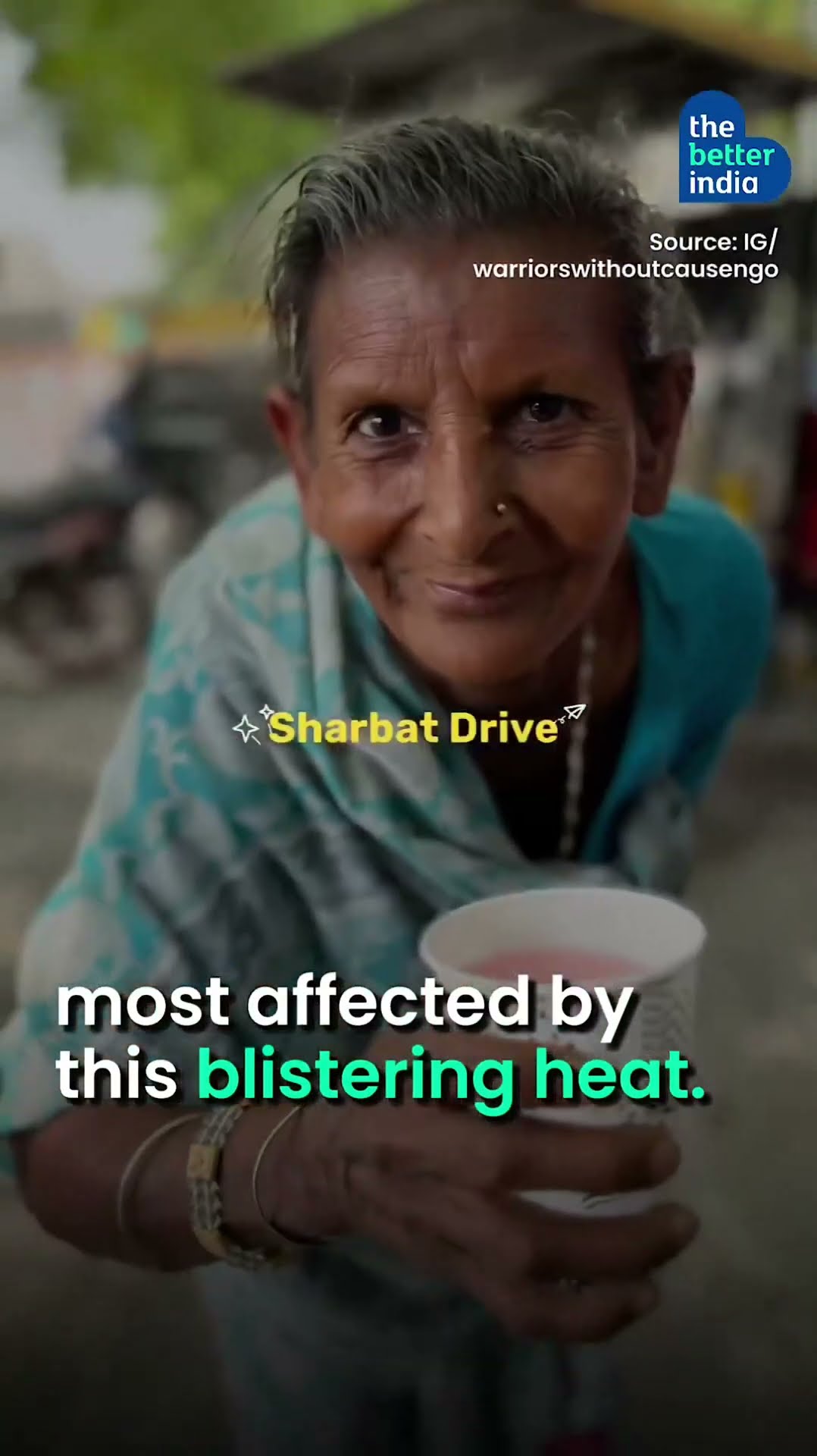Ex-IRS Officer’s Free UPSC CSE Course Eliminates Need for Paid Coaching
An IRS officer-turned-educator, Ravi Kapoor has mentored thousands of UPSC aspirants for free. Taking upon his 10 years of bureaucratic experience and masters in clinical psychology, Ravi's approach to UPSC mentorship has always kept mental fitness and motivation in focus.
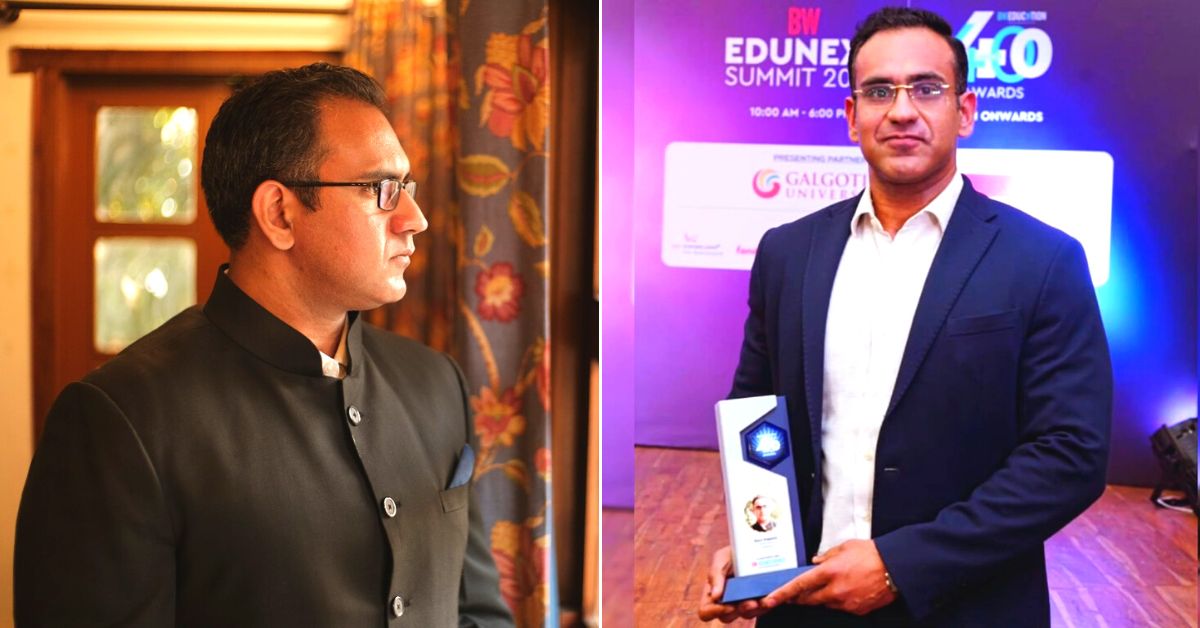
While millions of Indians want to get into the Union civil services, very few decide to quit it once they achieve their dream. So, why did Ravi Kapoor, a former officer of the Indian Revenue Service (IRS) of the 2011 batch, decide to formally quit a year ago?
“I wasn’t interested in the subject matter, i.e. taxation. Guided by service rules, it’s an accounting and number-based type of work that doesn’t involve too much creativity. Working in the IRS also vests you with a lot of power. I was neither interested in the subject matter nor the pursuit of power. The work was suffocating my curiosity and my energy. My heart was just not in it. That is the truth,” Ravi shares with The Better India.
During his service, however, Ravi found an avenue that would allow him to quit—mentoring UPSC (Union Public Service Commission) aspirants. Since 2020, Ravi has been running a Free Online Mentorship Programme (FMP) for thousands of aspirants, and is currently the Chief Mentor of UPSC at Testbook, an online exam preparation platform.
Taking upon his 10 years of bureaucratic experience and master’s degree in clinical psychology, Ravi’s approach to UPSC mentorship has always been geared towards mental fitness and motivation.
And the results of his FMP have been promising. Last year, 7 of his students cleared the UPSC exam. This year they’re expecting around 20 students to clear the exam. More importantly, the FMP has given UPSC aspirants a choice, which is what stands out the most about it.
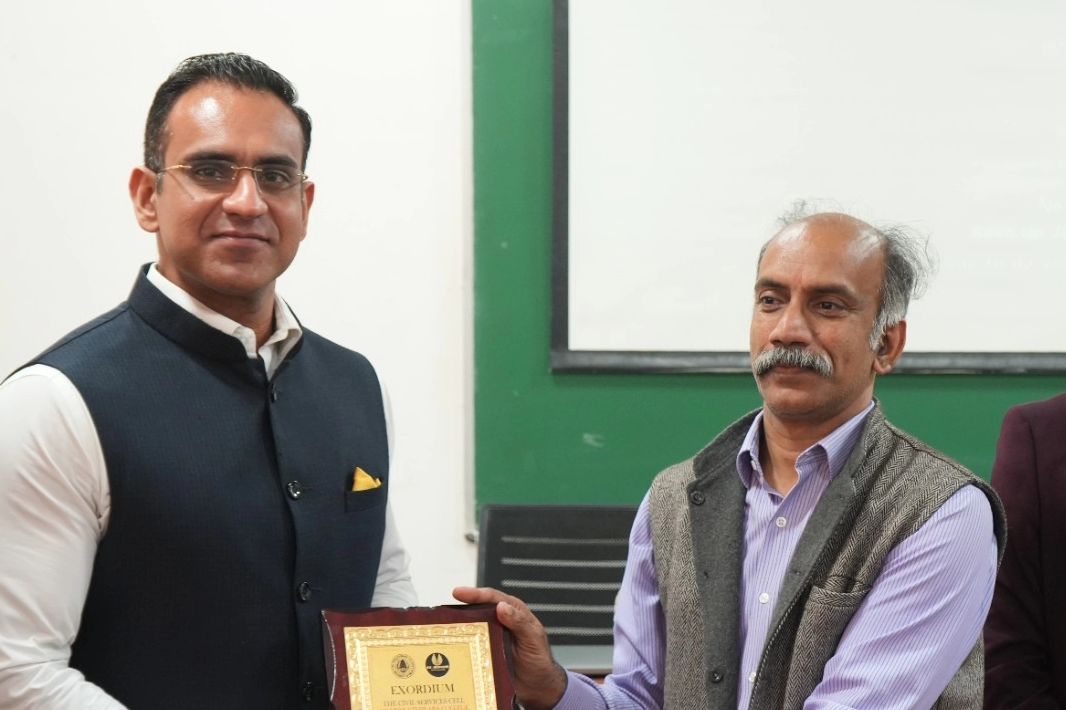
Recognising the gap in the market
Suffice it to say that an entire cottage industry has been built on UPSC coaching. Walk on the streets of Mukherjee Nagar in New Delhi and every second building there is running a UPSC coaching centre. As Ravi notes, “I started this to eliminate the requirement for [paid] coaching. In practice, this didn’t happen. Aspirants wanted to consume my content but that did not stop them from joining coaching institutes. They desire a classroom environment.”
What the FMP did was solve the problem of lack of guidance through this gruelling examination process. “Aspirants don’t understand what they’re paying for when they join a coaching institute. They’re actually paying these institutes to guide them through a process so that they don’t have to guide and plan [the course] themselves. That’s what we have been able to do,” he says.
As Ravi explains, “The students are given the choice of whether they want to attend coaching institutes or not. That choice did not really exist earlier. Much of the mentorship and guidance is in courses like our FMP just like the content is also available everywhere. If you use them both smartly, you can bypass the requirement of coaching. Ultimately, the choice has to be with the consumer (aspirant).”
Ravi’s decision to quit a desirable occupation to mentor UPSC aspirants and challenge the status quo established by the coaching institutes comes from facing the drawbacks of the conventional school education system himself.
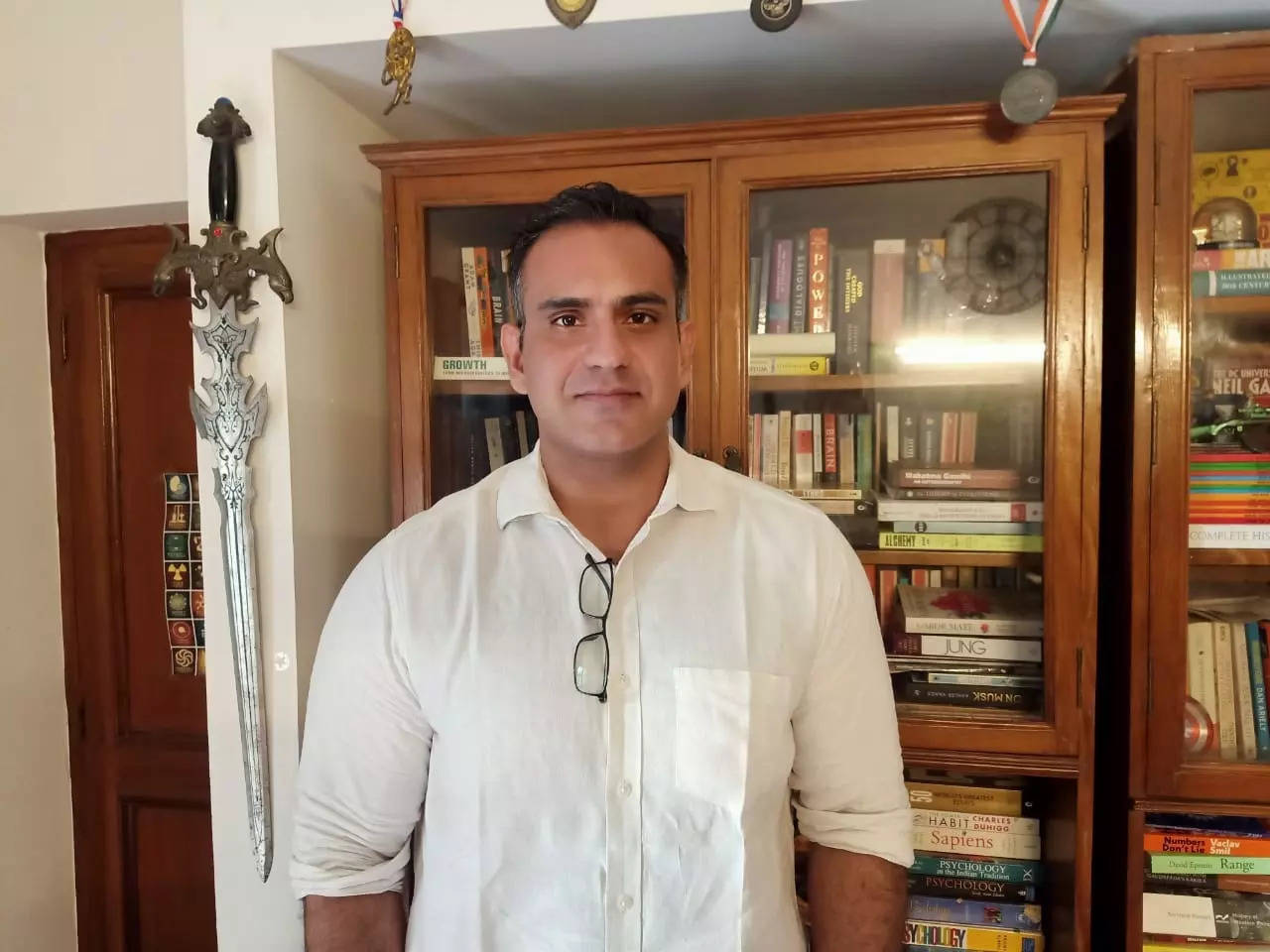
‘The education system failed me’
Born into a modest middle-class family in West Delhi, Ravi grew up with his share of struggles. During his teens, Ravi was an overweight boy with no noteworthy academic achievements. He suffered bullying and isolation, which led to growing introversion and was a severe blow to his self-esteem. Only later did he understand that he had Attention Deficit Disorder (ADD), the diagnosis of which helped him identify and help himself better.
Disappointed with the traditional education system that wasn’t tailored to neurodivergent students like him, and to overcome his feelings of inferiority, Ravi shifted his focus to physical fitness and bodybuilding.
“As a rebellious teenager, I felt school was a waste of time. There was a time when I decided to drop education altogether. I wanted to make a career in sports. Despite trying to make something of these pursuits even after college, it was very difficult because people like me didn’t have the necessary support structure or infrastructure to excel,” he recalls.
A common theme in Ravi’s early life is the failure of the school education system in India to help students like him who didn’t want to pursue conventional careers in engineering and medicine.
“I never got to explore what I wanted to just because my academic inclinations were unconventional. For example, when I was in Class 10, I was fascinated by philosophy and psychology. Although I wanted to opt for them in high school, neither my parents, teachers nor mentors allowed me to. Not only was I denied the chance to study these subjects but I was also judged for it,” he says.
“People around me told me that ‘serious and successful people’ don’t engage with these subjects. A major failure of the school education system is its inability to encourage obvious interest in areas deemed ‘unconventional’,” he shares.
In fact, after Class 12, Ravi applied for a Psychology (Honours) course at Zakir Hussain College, Delhi University, and was even accepted. It’s a path he wanted to take.
“But I was pushed towards engineering. Ironically, I cleared my UPSC civil services exam choosing psychology as one of my optional subjects and recently earned a master’s degree in it. In hindsight, I didn’t have to take such a long-winded road to pursue my real academic interests,” he muses.
Secondly, he argues that the school education system to a large extent overlooks children who aren’t neurotypical. “Growing up, I was quite severely attention deficient and this was quite obvious. But I wasn’t given the kind of care and attention any such child needs. And, of course, everyone pushes you towards science. Although I did eventually develop an interest in engineering much later in life, there was this external push,” he says.
Finding clarity in UPSC preparations
The general perception of preparing for the gruelling three-part UPSC civil services exam is that it requires rote learning and parsing through vast amounts of reading material. For Ravi, however, UPSC preparations filled those significant knowledge gaps created in school and college.
“As an aspirant, I learnt everything from scratch. I filled all those gaps in my education, learning and understanding about the world, and how things actually connect and attained a degree of conceptual clarity during my UPSC preparations. I never achieved this level of clarity in school. This revelation, following my preparation, made me a different person,” he says.
He vividly remembers a few moments that led to this intellectual awakening.
“Initially, I went to coaching institutes and understood nothing. My preferred subject, and one of my optional subjects (for the Mains exam) was Psychology, given my proficiency in it despite having no academic background,” he recalls.
“While reading a chapter on motivation, I discovered theories about what motivates people. There were parts about how childhood influences make a person the way they are, how one can bring out their true potential and the roadblocks along the way. Reading such material gave me answers to the questions that I always had. To me, this was real knowledge,” he shares.
“Why wasn’t I taught these things instead of Physics? This is the stuff I wanted to know because these concepts helped me explain my behaviour and the behaviour of people around me,” he adds.
These concepts gave him a degree of emotional and intellectual maturity that was missing in his life.
“And then, everything I saw and learned was connected to how it pertains to real life. I began to learn about the world as it is rather than what I read in books. For example, UPSC doesn’t ask you questions like who made UPI or to give its full form. They will rather ask you, when you root a transaction through UPI, what are the banking channels it goes through and why, what are the problems with UPI, and so on,” he explains.
“The vantage point of UPSC is not that of a supervisor sitting in an ivory tower and judging people below. When you see the world as a UPSC aspirant, you interconnect things, find solutions and ask various questions. For example, I skip a red light and a traffic policeman gives me a fine. Under what law is the traffic policeman given the authority to slap a fine on me? What happens if I don’t pay the fine? Where does the authority to punish me for not paying the fine come from? You ask these questions and begin to realise how this system works,” he adds.
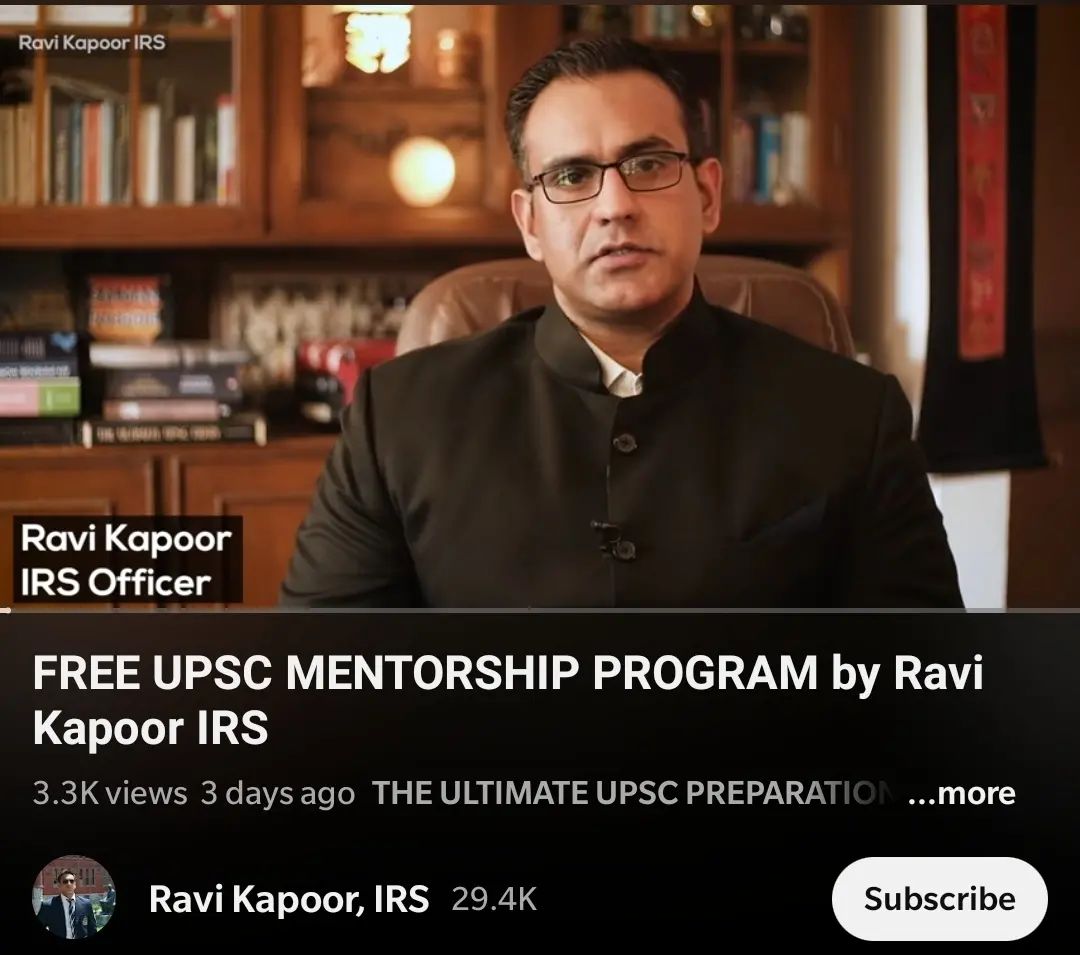
Mentoring UPSC aspirants
A couple of years into the job as an IRS officer, Ravi began feeling a sense of emptiness and it only grew until he got in touch with an old teacher from his days as an aspirant in 2018. It was that teacher who suggested to Ravi that he should mentor UPSC aspirants.
Initially, Ravi decided to start writing a blog, which he continues till day, and this was converted into a book titled ‘The Ultimate Cheatbook for UPSC Civil Services’ published in late 2020.
“As word spread about the book, people began approaching me with more questions. These weren’t questions I could just answer with a comment. Instead, I needed to put them through some process. They were not merely looking for advice but wanted to be taught. I could have put up a video on YouTube but that isn’t teaching unless they’re (aspirants) actively involved. They need to generate an output whether it’s in the form of an essay or answer to certain questions,” he explains.
“How do you do that for free? That was the challenge,” he says.
What gave Ravi the time to write his book and develop his FMP was the COVID-19 lockdown in March 2020. This gave him the time to create and write. “I was working 10-12 hours a day writing and creating content because there was nothing else to do. I was passionately involved in the process and realised the opportunity to quit placed before me 9-10 years after joining the service. Also, my work was getting a good response and having an impact on people,” he says.
In short, the FMP consists of a lecture he posts on YouTube followed by an email which contains a carefully crafted assignment. Students have to complete it on the day they are given. If they don’t finish the assignment on that day, they won’t get the next one.
“It’s a free email course where I help aspirants prepare for their UPSC exams. Upon joining this free course over email, I send you assignments every day with markers on what needs to be done. Once you finish the assignment, you email it back to me and I get to know whether you’ve done it or not. And I put you through this series of assignments and in that process, I not only provide the requisite study material but also psychological advice. The process I have established helped bring regularity and consistency to UPSC preparation,” he explains.
To facilitate this process, he employs Customer Relationship Management (CRM) tools which most businesses employ to sell their wares or services. “I started to use these tools with the aspirants. This was the innovation I adopted to facilitate learning. I used the sequential CRM emails and created a flow or a journey. Once you enter this journey, you’ll receive an assignment from me via this automated email. No one has used these tools for educational purposes before,” he explains.
The UPSC civil services exam contains three parts—prelims, mains and interview. Ravi’s FMP covers prelims except for CSAT maths, essay writing, current affairs and General Studies (GS) answer writing and ethics. It does not get into too much detail with optional subjects besides psychology and philosophy—subjects Ravi prepared for during his UPSC preparations.
“This course covers how to remain consistent in your preparations, to keep your head under control and help aspirants strengthen that energy and clarity on a daily-basis with my assignments,” he claims.
“Also, after our aspirants clear the prelims, I organise the ‘Mains SuperGroup’. About 100-200 students are inducted into this group free of charge and I mentor them through essay writing, ethics and what optional subjects they should take,” he adds.
For the interview process, the FMP presents a video of a student who cleared the UPSC exam and students are asked to take their camera and answer basic questions about why they want to join a particular service (IAS, IPS, IFS, etc), record themselves and then observe it.
“Before the end of the day, I ask them to send their inputs and give them feedback. We also advise them on the kind of body language and type of answers required during these interviews. And then I put them all through a process of lecturing because they need to verbalise the information in their head. The best way to verbalise this information is to teach. So, they become pro-bono interns at the FMP. Following this, I conduct their mock interview,” he adds.
Life after IRS
After formally quitting the service last year, Ravi knew that he needed to find a way of not just sustaining himself but also supporting the FMP. As a result, he joined Testbook, an ed-tech startup which has developed an online exam preparation platform.
“They have their coaching institutes, paid programmes and a large ecosystem, but my work there is to help bridge the gap between students and teachers—a key concern in online education. I am working with them to develop solutions. Thankfully, I have the time to fulfil my professional duties and run my free programme as well. That will never stop,” he says.
You can follow Ravi Kapoor on his Instagram and YouTube pages.
(Edited by Padmashree Pande; Images courtesy Ravi Kapoor)
If you found our stories insightful, informative, or even just enjoyable, we invite you to consider making a voluntary payment to support the work we do at The Better India. Your contribution helps us continue producing quality content that educates, inspires, and drives positive change.
Choose one of the payment options below for your contribution-
By paying for the stories you value, you directly contribute to sustaining our efforts focused on making a difference in the world. Together, let's ensure that impactful stories continue to be told and shared, enriching lives and communities alike.
Thank you for your support. Here are some frequently asked questions you might find helpful to know why you are contributing?


